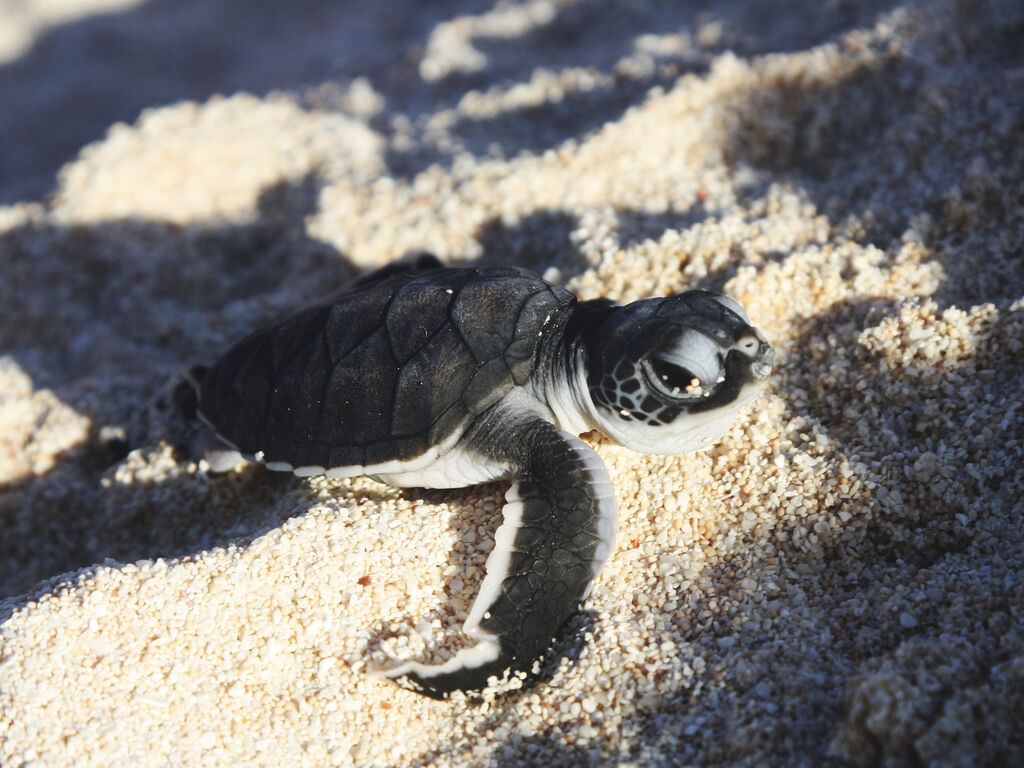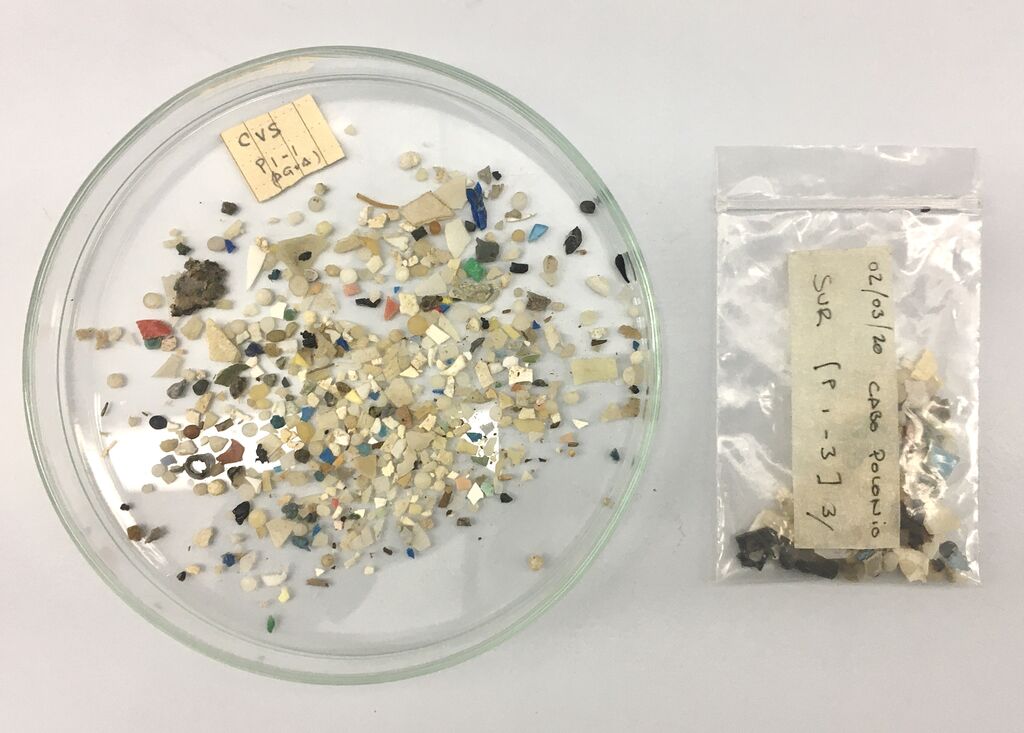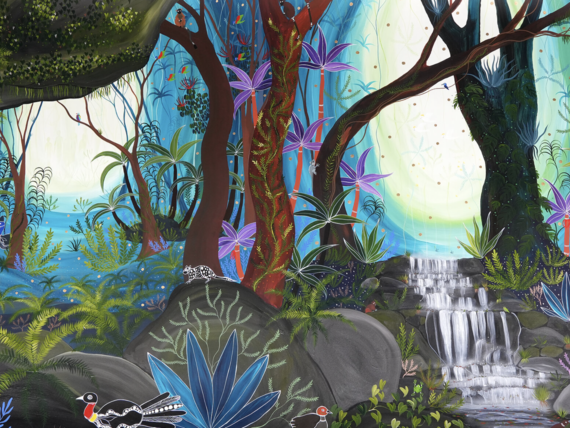
##MP##
A new study has found juvenile marine turtles are ingesting potentially hundreds of pieces of plastic, off both the Eastern and Western Australia coast.
The Frontiers in Marine Science study examined the contents of turtles found stranded or bycaught in both areas, which had either already died or eventually died in rehabilitation.
One baby turtle found in the Indian Ocean had ingested 343 pieces of plastic, while another located in the Pacific Ocean had swallowed 144 pieces.
##BA##
James Cook University’s Professor Mark Hamann, who contributed to the study, said juvenile turtles were most at risk due to a number of factors.
“It’s estimated that more than 700 marine species, from blue whales to small barnacles, have had interactions with plastics in the oceans," he said.
##PQ##
“Plastic ingestion and entanglement, which can cause suffocation, has now been documented for every species of marine turtle.
“Small juvenile turtles are thought to be most at risk, as this life stage is most prone to entanglement and ingestion due to their feeding preferences.
“The oceanic zones they [also] inhabit overlap with areas of high plastic pollution.

“Post-hatchling turtles have adapted to enter the oceanic zone (for green, loggerhead, hawksbill, and olive ridley turtles) or shallow coastal waters (flatback turtles) where they feed opportunistically on a range of organisms.
“Normally, these habitats are ideal for their development, but the rapid introduction of plastic debris among their natural food items has made the environments risky.”
Plastic ingestion can cause sea turtles to die from laceration or obstruction of the gastrointestinal tract, as well as malnutrition and chemical contamination.
The study also found plastic in the turtles of Eastern Australia waters was mostly hard fragments likely from a range of consumable products, while Indian Ocean plastics were mostly fibres – possibly from fishing ropes or nets.
Main points
- A study done in-part by JCU has added to the growing research showing marine turtles are at high risk of plastic pollution
- 343 pieces of plastic were found inside a single turtle
- Hard plastics were more prevalent off Australia’s east coast, while debris in Western Australia waters was more commonly from fishing ropes and nets




